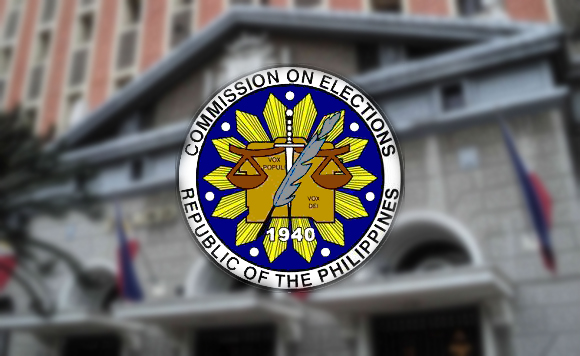An official of the Commission on Elections (Comelec) on Sunday said that it would be unfair to release a list accusing politicians of involvement in the illegal drug trade during the election period, calling it negative campaigning.
Officials of the Department of the Interior and Local Government (DILG) and the Philippine Drug Enforcement Agency (PDEA) are planning to release the so-called “narco list” before the May midterm polls.
“Negative campaigning yang ginagawa nila kapag nilagay nila sa listahan yan. ‘Huwag niyong iboto ‘to ng mga taong kasi mga drug pusher ito.’ E di negative campaigning iyan. Unfair naman ‘yun,” Comelec commissioner Rowena Guanzon said in an interview on Super Radyo dzBB.
Comelec spokesperson James Jimenez earlier clarified that negative campaigning is allowed.
However, Guanzon advised the DILG and PDEA to file cases against the politicians who are involved in drug trade first before releasing the list.
“Kung ilabas niyo sana ‘yan, dapat kinasuhan niyo.Pwedeng ilagay niyo, ‘Ito may mga kaso na laban sa mga taong ito for violating Dangerous Drugs Act. Pwede,” she said.
‘Unvalidated’ accusations
According to a tweet from DZBB’s Nimfa Ravelo, Senator Panfilo Lacson also decried the release of the narco list as being “unjust and unfair” to any who would be removed from the list later.
“Until backed by evidence, a narco list remains unvalidated and should be used only for intelligence purposes in order to assist law enforcement in pursuing their case buildup with the end in view of filing appropriate criminal charges against those in the list,” he said in a statement.
Guanzon said that the Comelec can disqualify a candidate who is convicted of such crimes.
She pointed out that listing politicians’ names who have not been proven to be involved in the drug trade can be considered libel.
Under the Revised Penal Code, libel is committed when there is public and malicious imputation of a crime, or of a vice or defect, real or imaginary, or any act, omission, condition, status, or circumstance tending to cause the dishonor, discredit, or contempt of a natural or juridical person, or to blacken the memory of one who is dead.
“You can do that maybe after the elections,” Guanzon said. —
source: Joviland Rita/BM, GMA News

